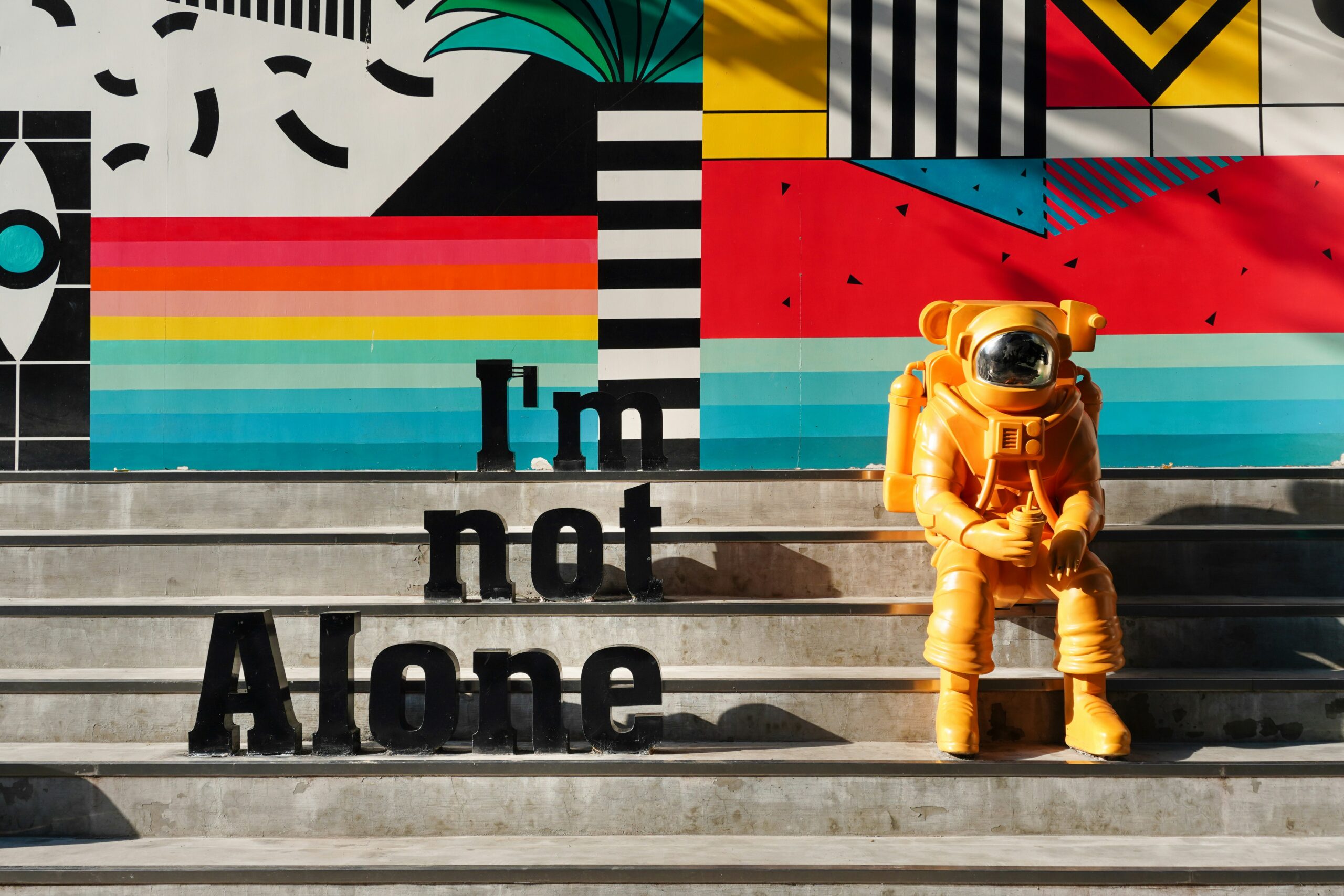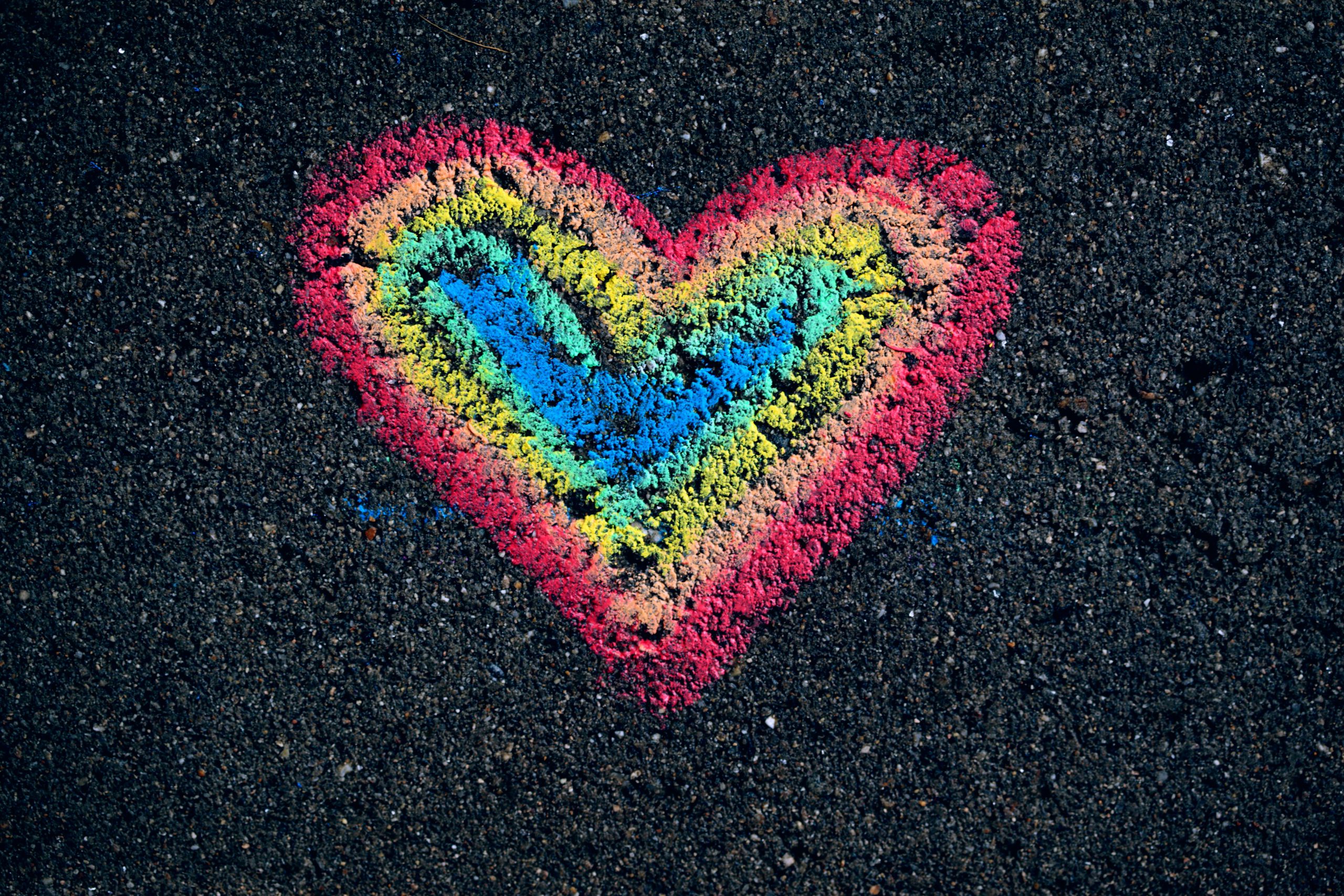When we lose a loved one we go through tremendous amounts of emotional upheavals and our sense of balance is severely compromised. Finding ways that can help us cope with the sense of loss and grief can be what turns a terrible day into an ‘OK’ one.
I experienced many bereavements while growing up. I learned how being physically active and engaging in creative activities can help us deal with the feelings that are stirred up in us and help us transform a tragic event into an opportunity for gratitude and self-development. Learning how to come to terms with a loss from a very young age became the foundation for me to become a therapist and coach today.
Death tears us apart from our loved ones and inside out from ourselves. We are chucked in the midst of an emotional storm and often feel like we’ve lost our bearings completely. Both in my personal experience and in my work as a creative therapist and coach, I’ve seen how engaging in physical activity and creativity can support people in riding the waves of grief.
I was barely a teenager when I lost one of my closest family members in an accident. With him gone, I felt like I’d lost the strongest part of me. We’d grown up together, invented games, shared stories, made plans and whispered secrets in each other’s ears. It happened suddenly and no one was prepared for it, least of all me. I had never contemplated death and had no idea as to how I could cope with the overwhelming feeling of sadness that all of a sudden pervaded my life every day.
I remember wanting to talk about my memories and feelings a lot, constantly trying to bring his name in the conversation. As a child, I looked up to the adults in my family for guidance, but soon understood that ultimately it was up to me to find my own way through this earth shattering event.
I remember writing letters and journal entries, creating collages of all the photos I could find of us together, drawing paintings and choosing my favourite quotes to put into words emotions I couldn’t express. I listened to a lot of sad music and sang out loud, crying most of the time. I had no notion of psychology or mental health back then, or of what grief was for that matter. But I knew intuitively that I had to find ways not to keep the sadness trapped inside of me. As Christian Nevell Bovee said, ‘Tearless grief bleeds inwardly’.
Finding ways to creatively express my grief helped me incredibly, both in finding a way to release my anguish as well as a means to contain it and not feel constantly overwhelmed by it. Doing something creative as part of the process of going through a bereavement is a very powerful way to come to terms with your emotions and understand them better.
Creative ideas to heal from grief:
- Writing your feelings in a journal, trying to withhold any judgment and being as honest as possible
- Drawing, colouring in and painting your emotions
- Listening to music and singing by yourself or with other people
I’m in no way suggesting this is a ‘quick-fix guide’ of how to deal with loss, but I do believe in the saying “the only way out is through” and the impact the way we choose to go through grief has on our future relationships and our overall wellbeing.
But what if you don’t consider yourself a creative person?
Physical exercise is also a very powerful means to get in touch with your body and take a break from what can be an exhausting and all-consuming emotional headspace. Doing physical activity induces our body to produce ‘feel-good’ chemicals such as endorphins, which counterbalance the emotional strain and tiredness one often experiences when in the midst of grief.
Physical activity that can help you deal with loss:
- Walking in nature, getting some fresh air and taking deep breaths slows down your heart rate and refreshes your whole system
- Swimming is a great way to relax your body and tone your muscles. Counting your strokes can act as a mindfulness exercise as well
- Doing exercise and moving your body to a rhythm supports you in feeling stronger and more flexible and, if done in a group, combats the tendency to isolate oneself typically when we’re feeling low.
As human beings, we all have the need to feel connected and understood. When we are grieving this becomes even more essential to our wellbeing. So trying to share how one’s feeling with people you trust and love, creating rituals around the key dates that remind you of your loved one and making time to focus on things that you are grateful for are all very useful elements that will help the healing process.
Also, I think it’s worth mentioning that grief and love are deeply connected, just as life and death. They are intrinsically linked and to feel grief is also to be reminded of the deep sense of love that you’ve nourished for an another human being. Having offered and experienced love is something always worth feeling grateful for.
Author: Sarah Speziali, Chief Therapist at InsideOut
Insta: @lettheinsideout






